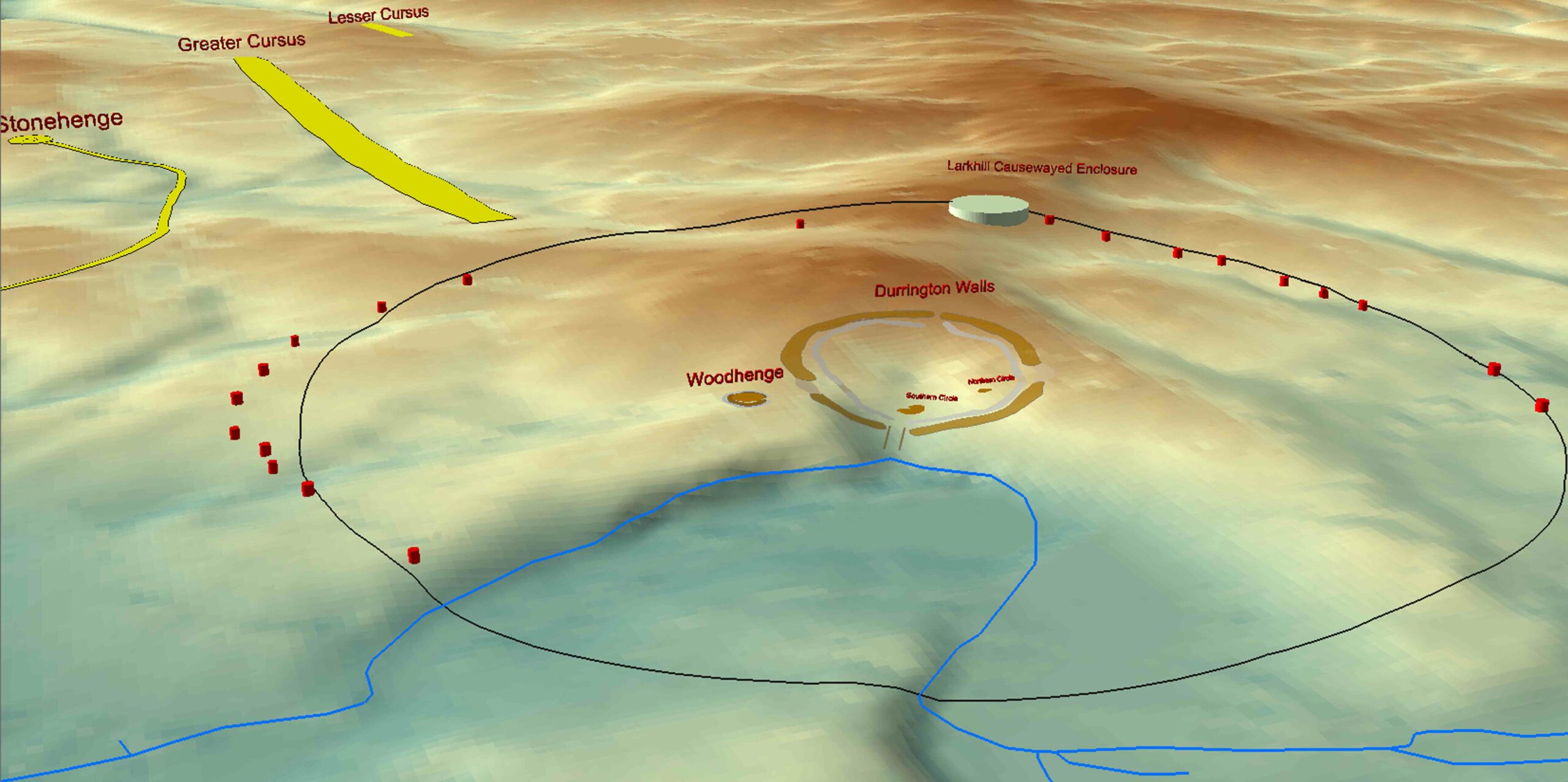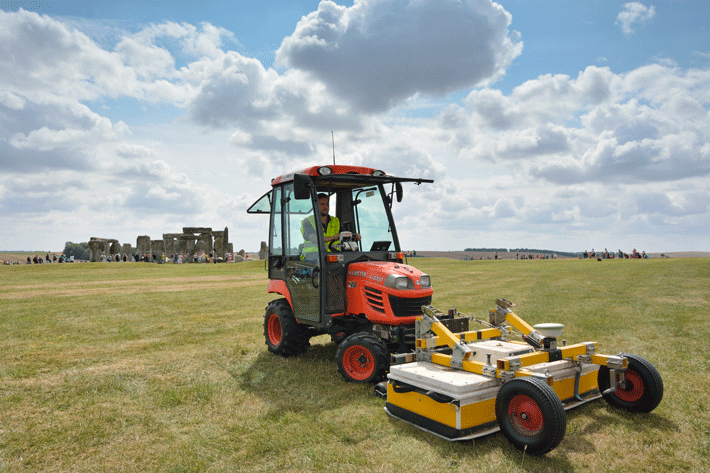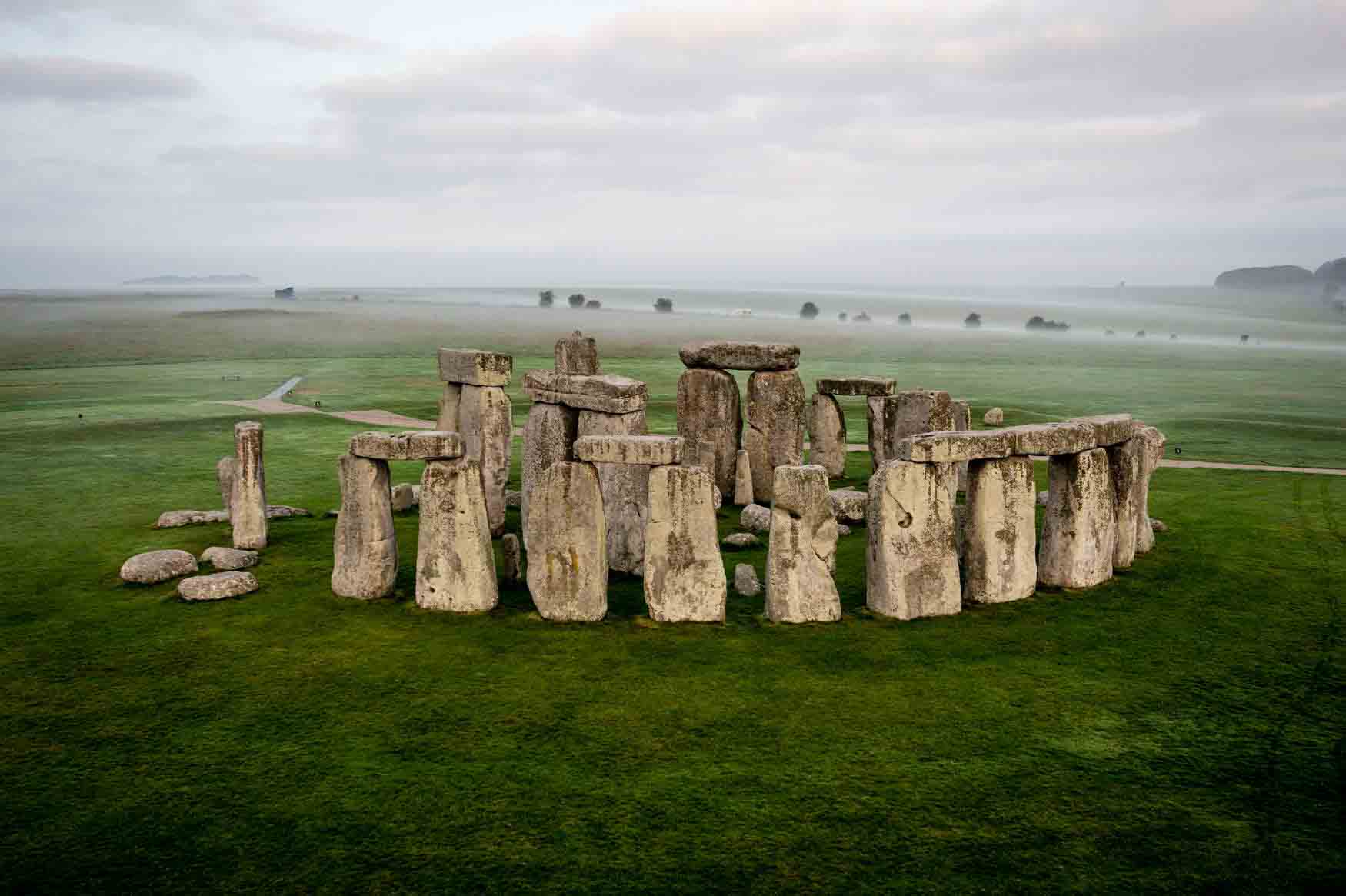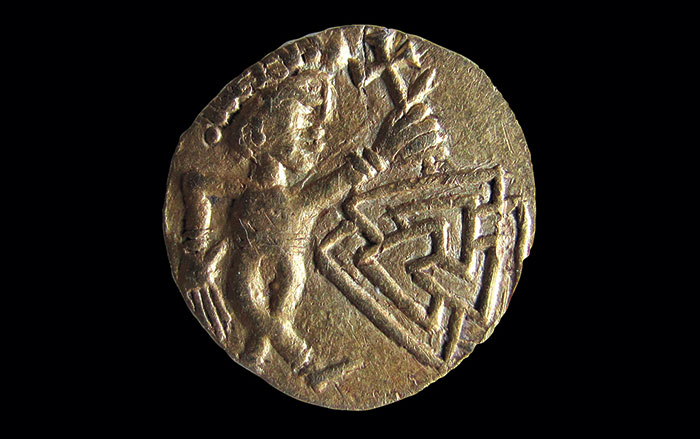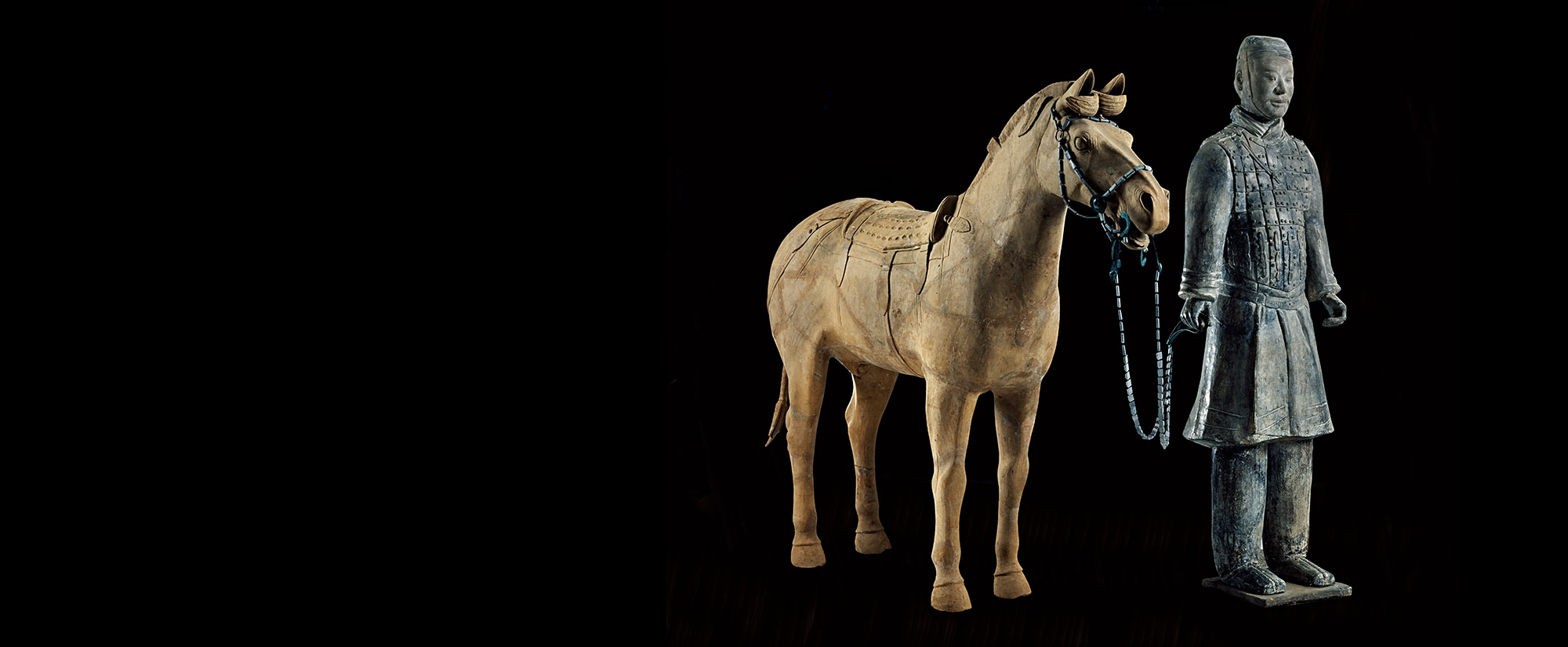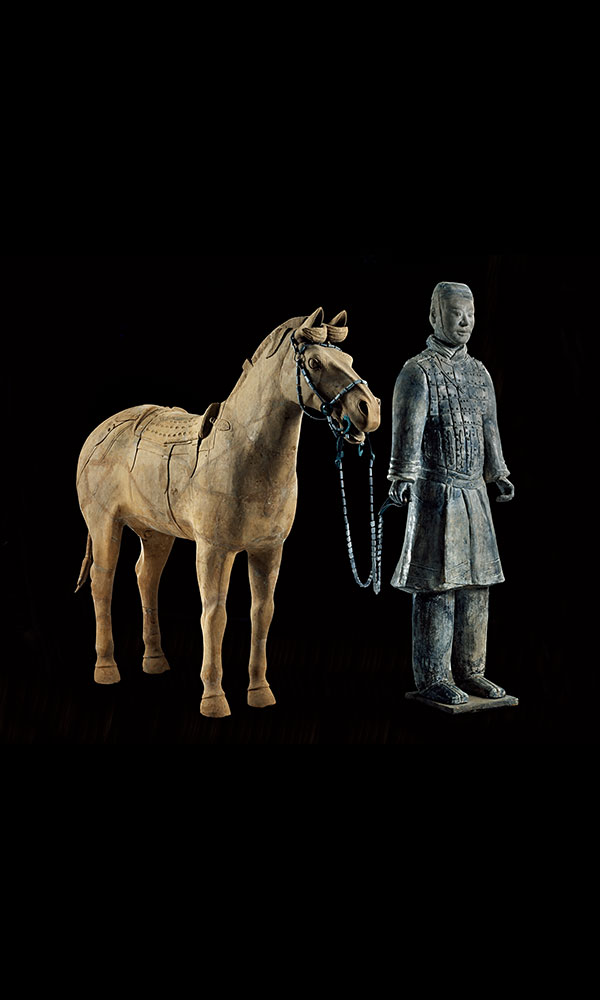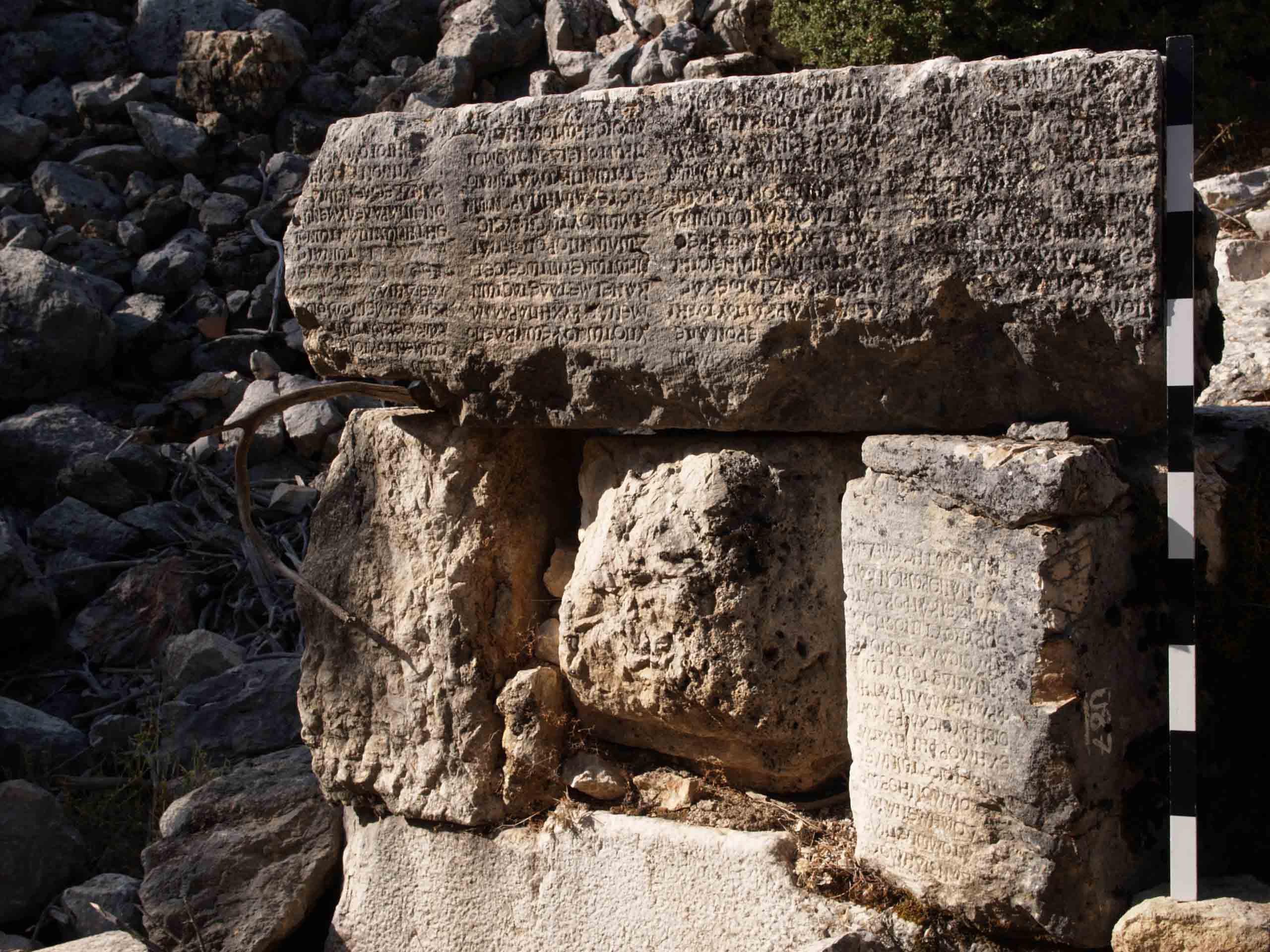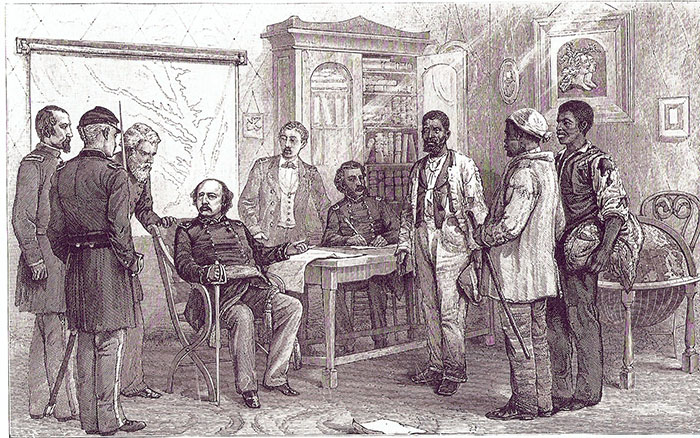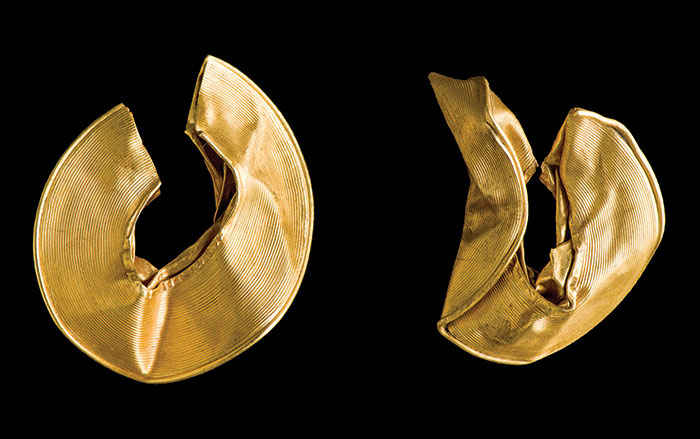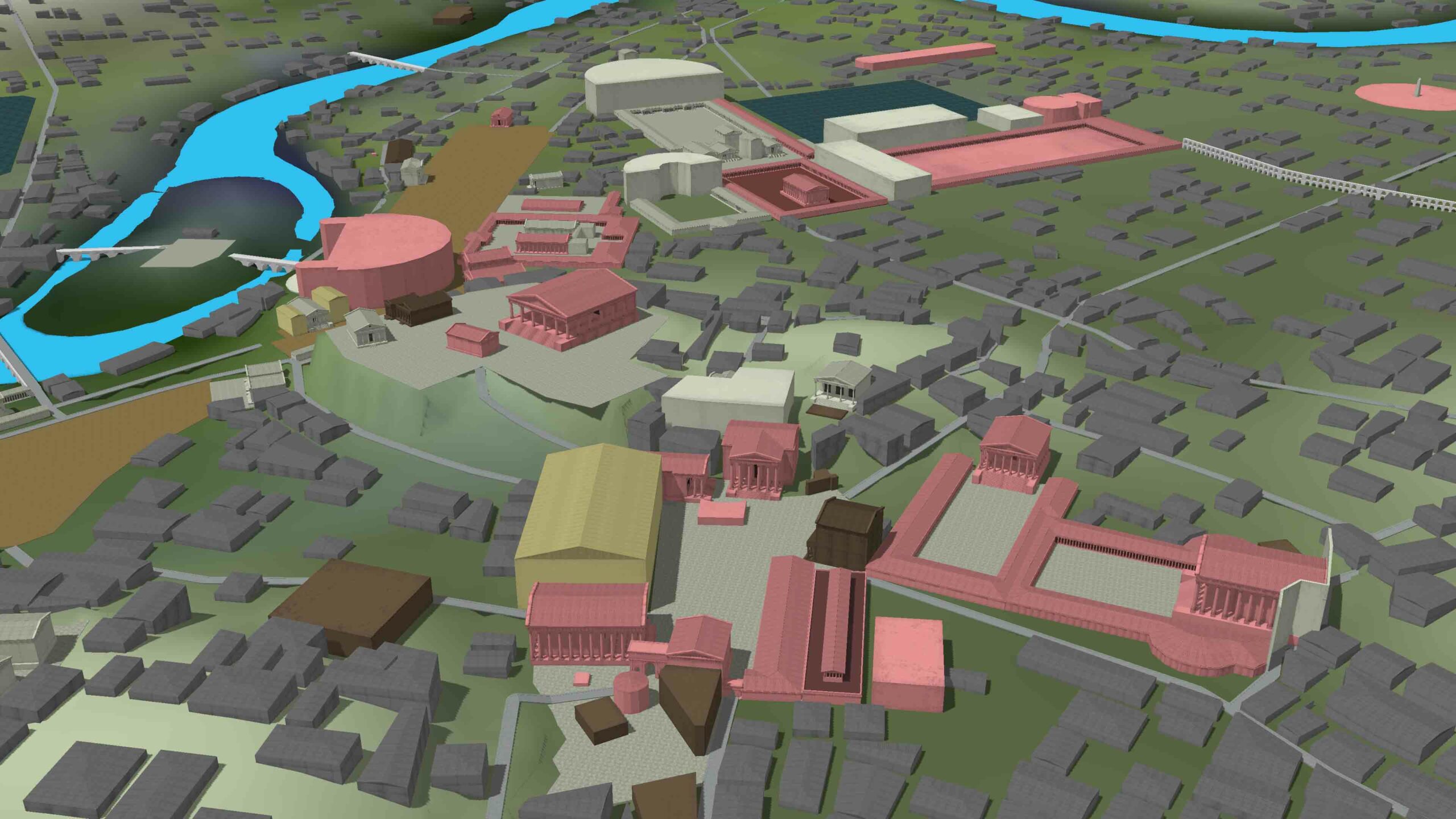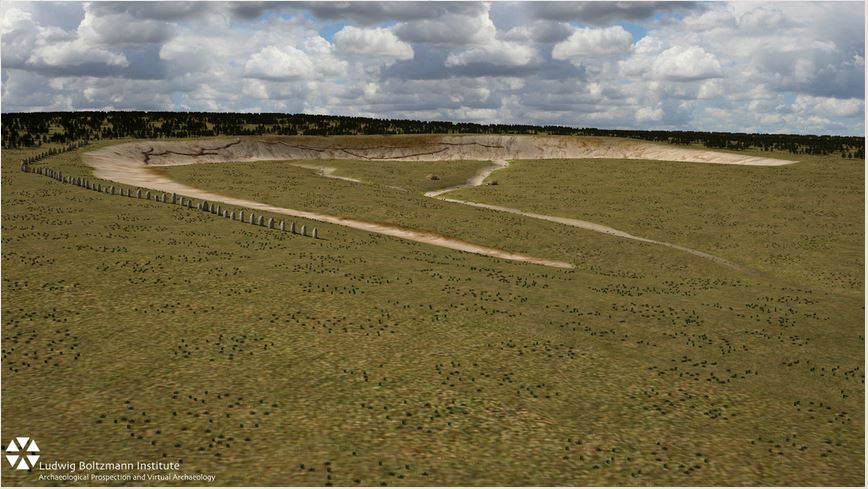
WILTSHIRE, ENGLAND—An international team of scientists working with the Stonehenge Hidden Landscapes Project have detected a row of up to 100 standing stones beneath Durrington Walls, a large 4,500-year-old earthwork enclosure located two miles to the northeast of Stonehenge. Using non-invasive geophysical prospection and remote sensing technologies, the team found the row of massive stones set in a C-shape around a chalk cut scarp and a natural depression near the River Avon. The stones may have come from local sources and resemble “The Cuckoo Stone,” which stands in an adjacent field. The row of standing stones was later pushed over, and a bank was placed over them. “The discovery of a major new stone monument, which has been preserved to a remarkable extent, has significant implications for our understanding of Stonehenge and its landscape setting. Not only does this new evidence demonstrate a completely unexpected phase of monumental architecture at one of the greatest ceremonial sites in prehistoric Europe, the new stone row could well be contemporary with the famous Stonehenge sarsen circle or even earlier,” Vincent Gaffney of the University of Bradford said in a press release. For more on recent discoveries around the site, go to "Under Stonehenge."


